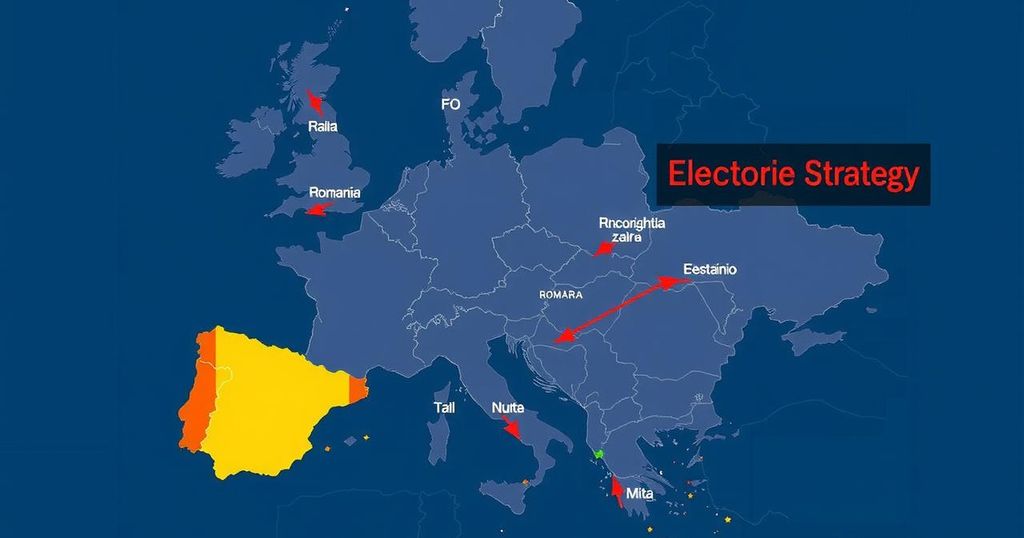Romania’s Presidential Election: A Turning Point for NATO Relations
Romania’s presidential election on November 24 revealed unexpected results, with candidate Calin Georgescu leading the first round. This deviation from polling forecasts challenges the country’s post-communist pro-Western stance, suggesting a potential reevaluation of its political identity and NATO relations.
Romania’s recent presidential election has significantly altered its political landscape, particularly affecting its alignment with NATO and the West. The outcome diverged sharply from pre-election polling forecasts, with independent candidate Calin Georgescu unexpectedly leading the first round of voting on November 24, capturing 22.9 percent of the votes. This shift raises questions about the future of Romania’s commitment to pro-Western values, as the election results may signal a broader reassessment of Romania’s post-communist political identity and its geopolitical stance within Eastern Europe.
The electoral dynamics in Romania reflect a complex interplay of historical context and contemporary geopolitical challenges. Romania has traditionally maintained a pro-Western orientation since the fall of communism, aligning itself closely with NATO and the European Union. However, this election introduces uncertainty regarding its future direction. The impact of Georgescu’s leadership and the potential erosion of post-communist ideals could reshape Romania’s role in regional stability and cooperative security frameworks with NATO.
The surprising results of Romania’s presidential election underscore a potential shift in the nation’s political ideology and its relationship with Western alliances. As independent candidate Calin Georgescu gains traction, it prompts reflection on the resilience of past democratic values in the face of shifting voter sentiments. The electoral outcome could have significant implications for regional security dynamics and Romania’s future in NATO.
Original Source: geopoliticalfutures.com




Post Comment